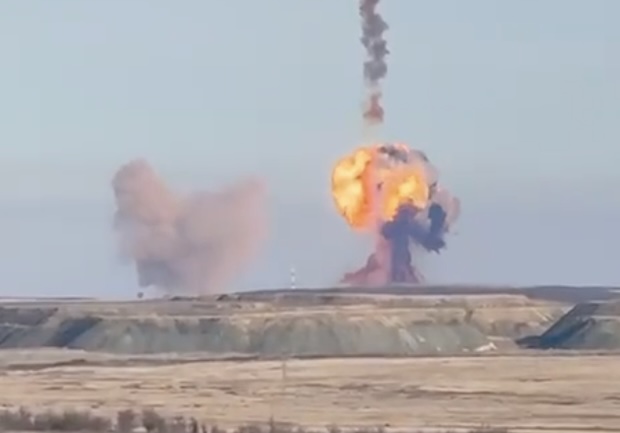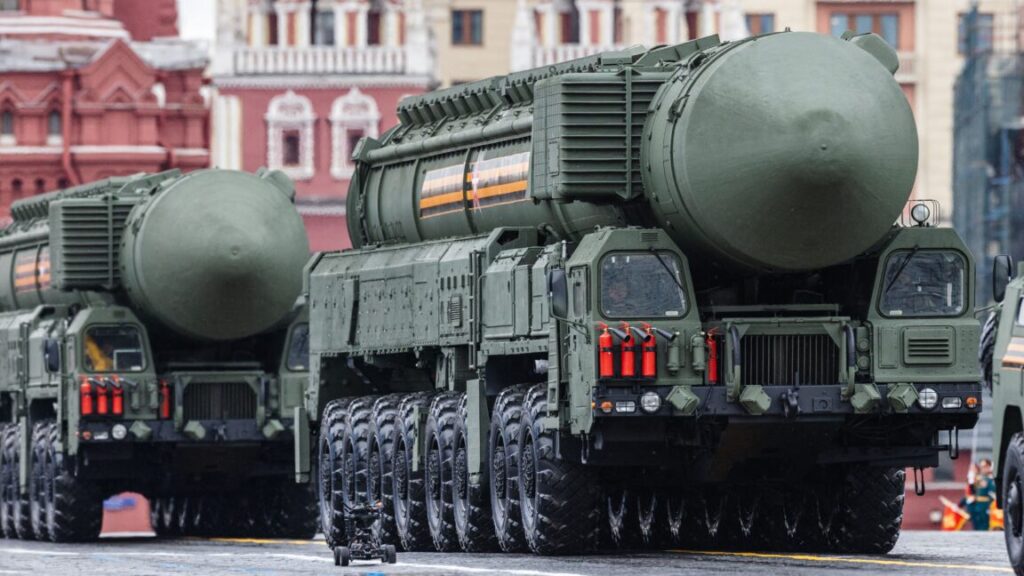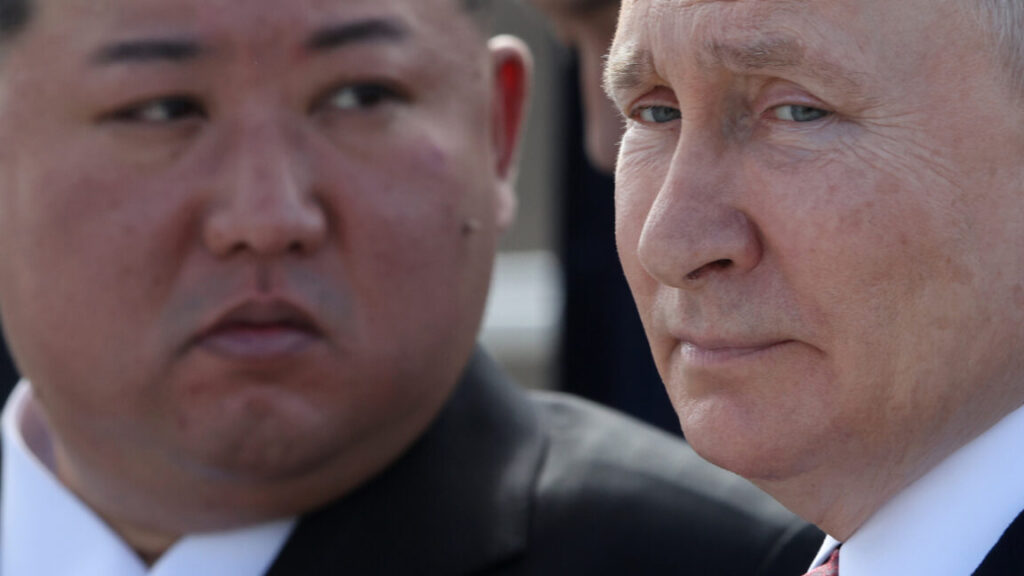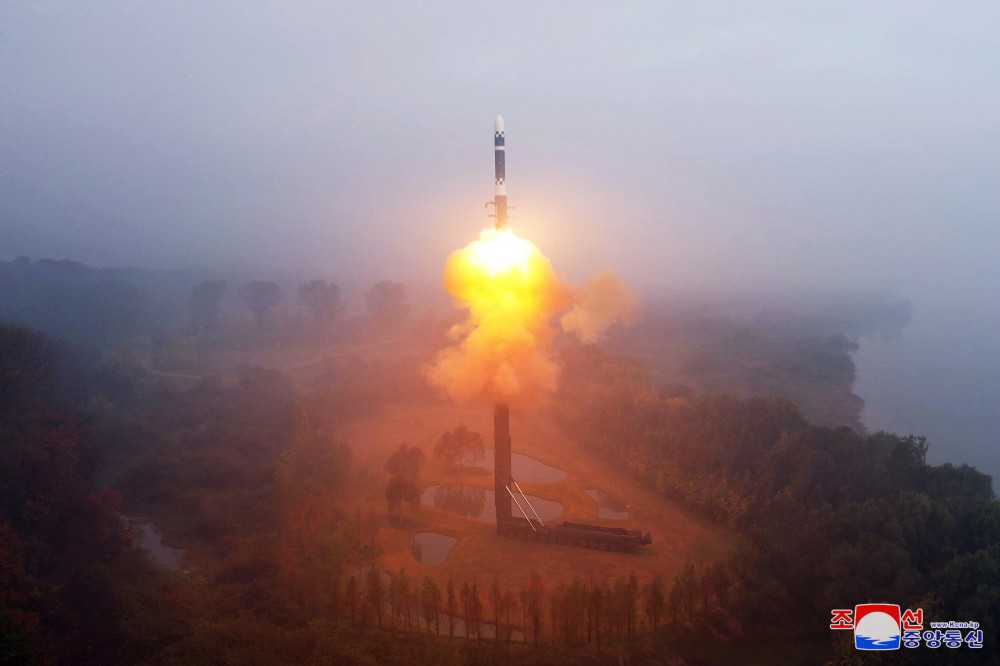The missile meant to strike fear in Russia’s enemies fails once again
Therefore, it’s no wonder Russian officials like to talk up Sarmat’s capabilities. Russian President Vladimir Putin has called Sarmat a “truly unique weapon” that will “provide food for thought for those who, in the heat of frenzied aggressive rhetoric, try to threaten our country.” Dmitry Rogozin, then the head of Russia’s space agency, called the Sarmat missile a “superweapon” after its first test flight in 2022.
So far, what’s unique about the Sarmat missile is its propensity for failure. The missile’s first full-scale test flight in 2022 apparently went well, but the program has suffered a string of consecutive failures since then, most notably a catastrophic explosion last year that destroyed the Sarmat missile’s underground silo in northern Russia.
The Sarmat is supposed to replace Russia’s aging R-36M2 strategic ICBM fleet, which was built in Ukraine. The RS-28, sometimes called the Satan II, is a “product solely of Russian industry cooperation,” according to Russia’s Ministry of Defense.
The video of the missile failure last week lacks the resolution to confirm whether it was a Sarmat missile or the older-model R-36M2, analysts agree it was most likely a Sarmat. The missile silo used for Friday’s test was recently renovated, perhaps to convert it to support Sarmat tests after the destruction of the new missile’s northern launch site last year.
“Work there began in Spring 2025, after the ice thawed,” wrote Etienne Marcuz, an analyst on strategic armaments at the Foundation for Strategic Research, a French think tank. The “urgent renovation” of the missile silo at Dombarovsky lends support for the hypothesis that last week’s accident involved the Sarmat, and not the R-36M2, which was last tested more than 10 years ago, Marcuz wrote on X.
“If this is indeed another Sarmat failure, it would be highly detrimental to the medium-term future of Russian deterrence,” Marcuz continued. “The aging R-36M2 missiles, which carry a significant portion of Russia’s strategic warheads, are seeing their replacement pushed even further into the future, while their maintenance—previously handled by Ukraine until 2014—remains highly uncertain.”
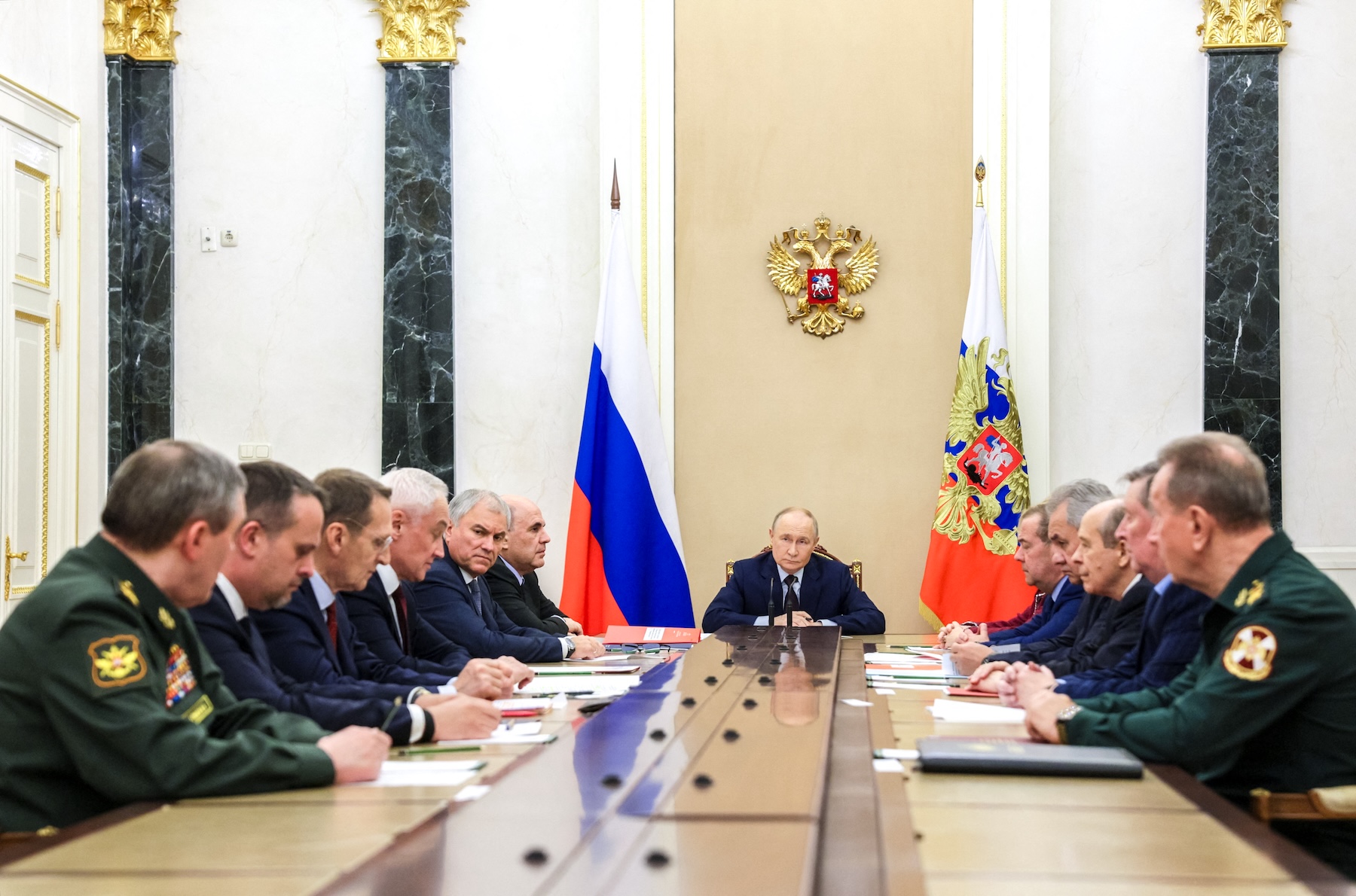
In this pool photograph distributed by the Russian state media agency Sputnik, Russia’s President Vladimir Putin chairs a Security Council meeting at the Kremlin in Moscow on November 5, 2025. Credit: Gavriil Grigorov/Pool/AFP via Getty Images
Podvig, the UN researcher who also runs the Russian Nuclear Forces blog site, agrees with Marcuz’s conclusions. With the R-36M2 missile soon to retire, “it is extremely unlikely that the Rocket Forces would want to test launch them,” Podvig wrote on his website. “This leaves Sarmat.”
The failure adds fresh uncertainty to the readiness of Russia’s nuclear arsenal. If this were actually a test of one of Russia’s older ICBMs, the result would raise questions about hardware decay and obsolescence. In the more likely case of a Sarmat test flight, it would be the latest in a series of problems that have delayed its entry into service since 2018.
The missile meant to strike fear in Russia’s enemies fails once again Read More »
